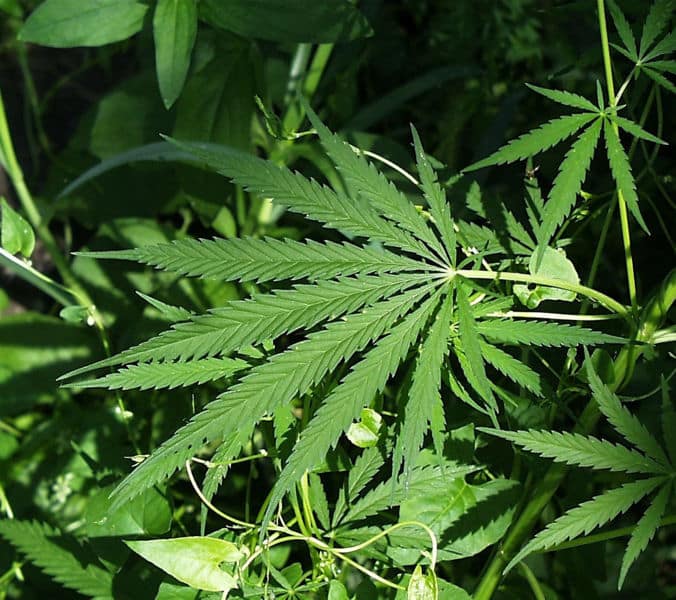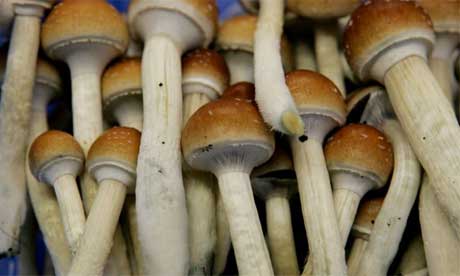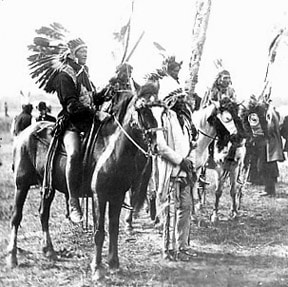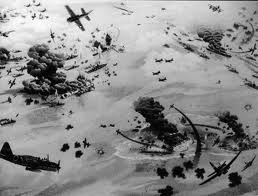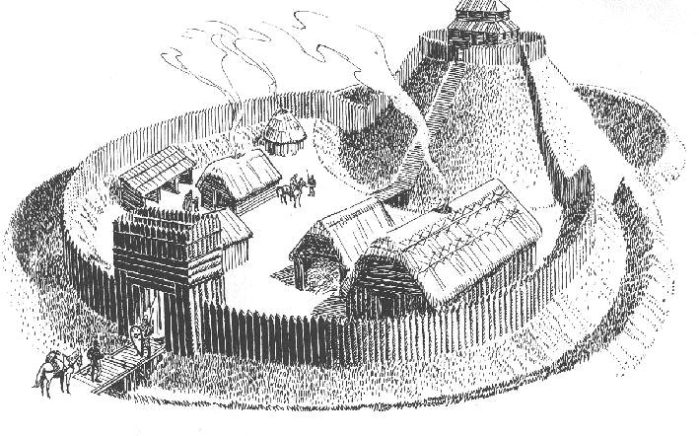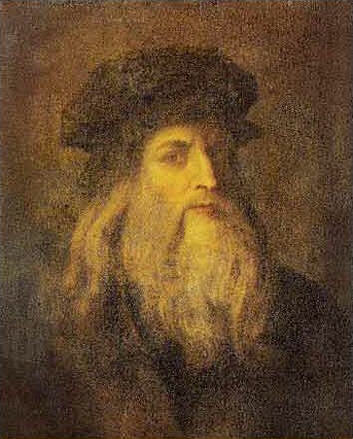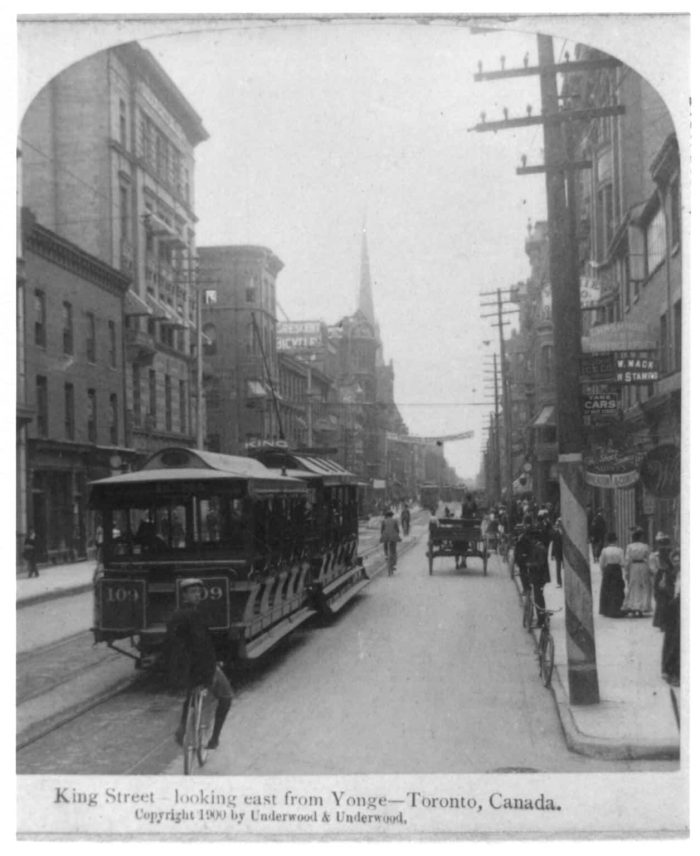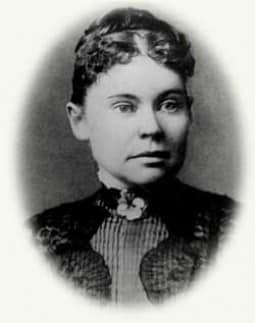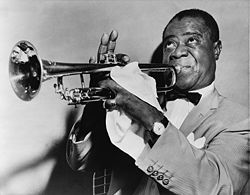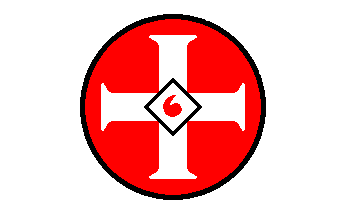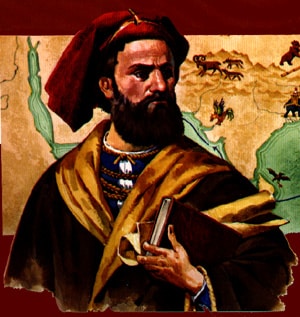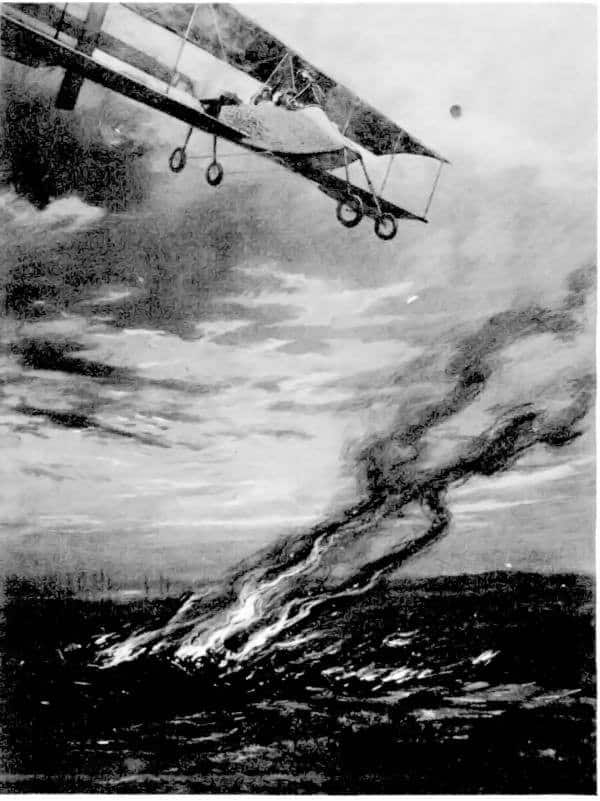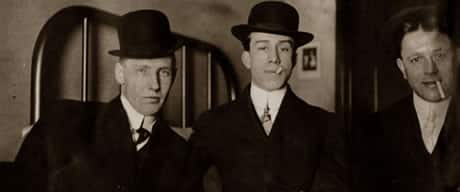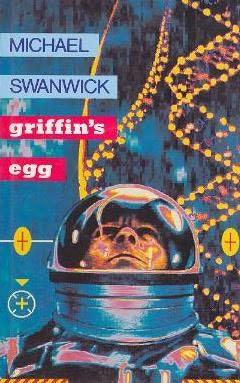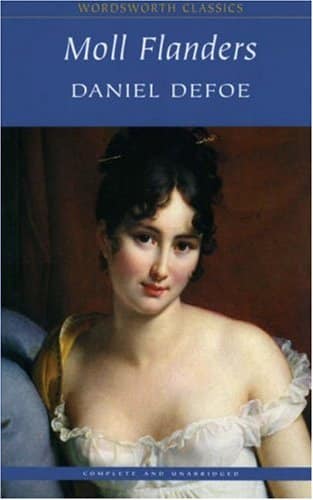William completed his Bachelor of Science and Master of Arts in 2013. He current serves as a lecturer, tutor and freelance writer. In his spare time, he enjoys reading, walking his dog and parasailing.
Article last reviewed: 2022 | St. Rosemary Institution © 2010-2025 | Creative Commons 4.0
Throughout history marijuana has been used to serve various purposes in many different cultures. The purposes have changed over time to fit in with the current lifestyles. This pattern is also true in American history. The use of marijuana has adapted to the social climate of the time. Marijuana, whose scientific name is cannabis sativa,…
While many drugs speed up or depress the central nervous system, there is a class of drugs that distorts how we feel, hear, see, smell, taste, and think. Called hallucinogens because users often hallucinate, or experience nonexistent sensations, these drugs are also known as psychedelic, or mind-bending, drugs. Some hallucinogens come from natural sources; others…
LSD or lysergic acid diethylamide is a commonly used drug of teens. LSD is a hallucinogenic drug which affects the nervous system. The drug is ingested in many different ways, absorbed through the skin, taken orally or absorbed through the eye or ear. This drug was originally developed by the government of the United States…
The Indians were the main focus of the history of New France, and influenced the Europeans in the period before 1663. The Indians, being numerous compared with the Europeans, came into frequent contact with them. The Indians and Europeans traded items with one another, which led to various events and actions that contributed greatly to…
The Nile River is known almost universally by historians as the cradle of medicine because it passes through the great region of Egypt. Egypt greatly contributed to western civilization. Their knowledge was far superior to any previous civilization, and many civilizations to come. One of their greatest achievements was in the field of medicine because…
Nothing distinguished the dawn of June 2, 1942, from countless other dawns that had fallen over tiny Midway atoll in the North Pacific. Nothing, that is, except the tension, the electric tension of men waiting for an enemy to make his move. On Midway’s two main islands, Sand and Eastern, 3,632 United States Navy and…
In 1494 the armies of the French king, Charles VIII, invaded Italy to capture the kingdom of Naples. They swept through the country and bombarded and destroyed many castles. This invasion signaled the end of the castle as a stronghold of defense. For centuries it had been the dominant fortification in Western Europe for the…
Leonardo Da Vinci is one of the greatest and most ingenious men that history has produced. His contributions in the areas of art, science, and humanity are still among the most important that a single man has put forth, definitely making his a life worth knowing. Da Vinci, born on April 15, 1452, is credited…
Life in the 1900s was depressing and was an era filled with extremely hard and strenuous work that didn’t offer any future for the average Canadian to do better. If you were an average wage earner you would be virtually stuck in the same job for the rest of your life, while the rich maintained…
A little over a century ago a gruesome double murder was committed, in the 2-½ story house at 92 Second Street, in Fall River, Massachusetts. This crime shocked the nation as Lizzie Borden, a 32-year-old Sunday school teacher, went on trial for the murder of her father and her stepmother. An all male jury eventually…
Born in August 1901 (not Independence Day 1900, as he was always told and believed), Louis Armstrong sang on the New Orleans streets in a boyhood quartet and in 1913 was admitted to the Colored Waifs’ home for firing a gun into the air. In the home he learned the trumpet, and within four years…
“Ku Klux Klan” The Ku Klux Klan, or KKK as known today, was started in the winter of 1865. Six Confederate veterans formed a social club in Pulaski, Tennessee. This KKK only lasted a short six years, but left tactics and rituals that later started in generations. (Ingalls, 9) The Klan was a small group…
Marco Polo was born in c.1254 in Venice. He was a Venetian explorer and merchant whose account of his travels in Asia was the primary source for the European image of the Far East until the late 19th century. Marco’s father, Niccolò, and his uncle Maffeo had traveled to China (1260-69) as merchants. When they…
“If this country is preserved in tranquility twenty years longer, it may bid defiance in a just cause to any power whatever; such in that time will be its popularity, wealth and resources,” stated by George Washington in response to demonstrators over the Jay Treaty. 1 Washington’s remark was regarding the public’s uproar following the…
CONCENTRATION CAMPS The first concentration camps were set up in 1933. In the early days of Hitler, concentration camps were places that held people in protective custody. Victims for protective custody included those who were both physically and mentally ill, gypsies, homosexuals, Jehovah Witnesses, Jews, and anyone against the Nazi regime. “Gypsies were classified as…
During World War One, the role of airplanes and how they were used changed greatly. At first planes were only used for sport, but people started realize that not only could airplanes be useful but they could even influence an outcome of the war greatly. Soon the war was filled with blimps, planes, and tethered…
Throughout history, crime has existed in many different forms and has been committed by not only individuals, but by groups as well. Crime is something that knows no boundaries; it exists in all cultures, is committed by all races, and has existed in all time periods. Crime exists as a part of the economic institution…
Griffin’s Egg is a story about Gunther, a man who lives on the moon. And his adventures, as he gets into all kinds of situations. He, along with many others, have inhabited the moon because Earth is engaged in a full thermonuclear war. The dangers of the moon however, also come along. Solar flares, dangerous…
Three recurring themes in Moll Flanders by Daniel Defoe are greed, vanity, and repentance. Theme is defined as an underlying or essential subject of artistic representation. These three themes play an important role in the development of the story of Moll Flanders. The first theme, greed, is shown in Moll’s acts of prostitution. Moll turns…
James Buchanan was born in April 23, 1791 in a cabin in Cove Gap, Pennsylvania. James father came to America as a Scotch-Irish in 1783. At the age of six his family moved to Mercersberg PA. Where his father would open a general store. James was the second of eleven in his family. James was…

